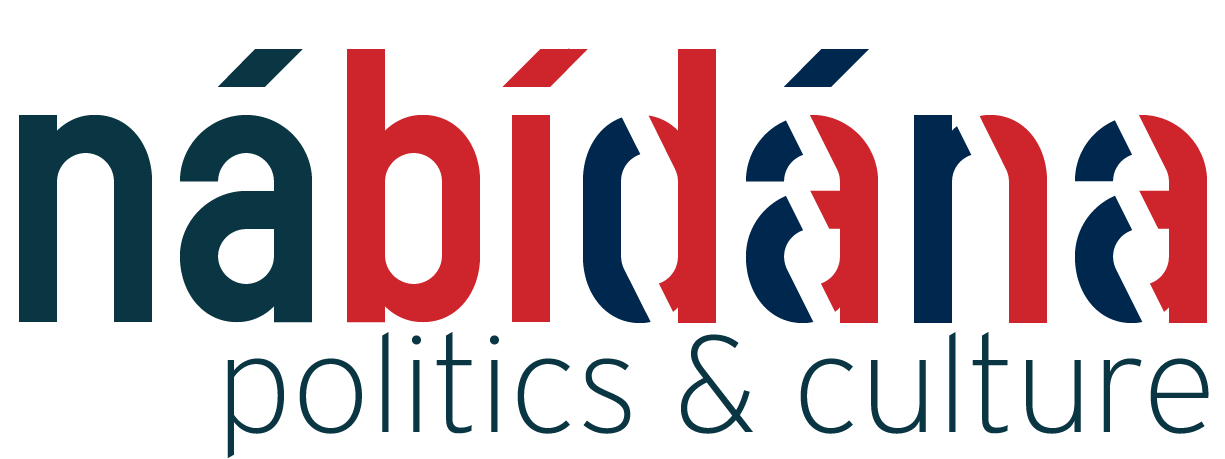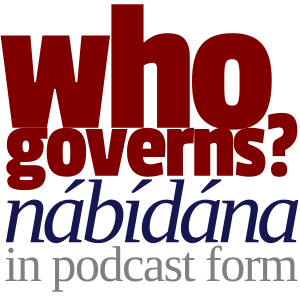One of the most important things students learn when studying the media is that, often, the decision of an editor or proprietor to, or not to, publish or broadcast a particular story places immense power in the hands of that person.
Often the mainstream media enjoys creating an image of itself as a straightforward conduit for information and news; an honest broker providing all the information to the public in order to allow the public to decide. More often, media outlets, by deciding what to release, set their own agendas and allow themselves to direct the gaze of the reader to whatever they would like to highlight.
An increasingly visible element of media surrounding the conduct of the wars in Iraq and Afghanistan has been the emergence of online ‘information clearing houses’ and whistleblower sites, the most prominent of which is Wikileaks.
Wikileaks is headed by a somewhat controversial character, Australian former computer hacker Julian Assange. It is unfortunate that one of his suspected handles in his computer hacker existence was ‘Mendax’ which means ‘untruthful’, and is the root for ‘mendacious’. It is also extremely unfortunate that Mr. Assange is currently accused of rape and sexual harrassment in Sweden.
Wikileaks is a significant carrier of information on all sorts of issues, particularly the wars to the east; but in deciding specifically to release information on those and trailing the information in advance, it is far from neutral and very far from an entirely innocent broker. In determining what will be released and trailing it, it contributes to the phenomenon of a media-controlled curiosity of the public. It’s not a guarantor of information freedom, but now just another media outlet, doing what media outlets do.

